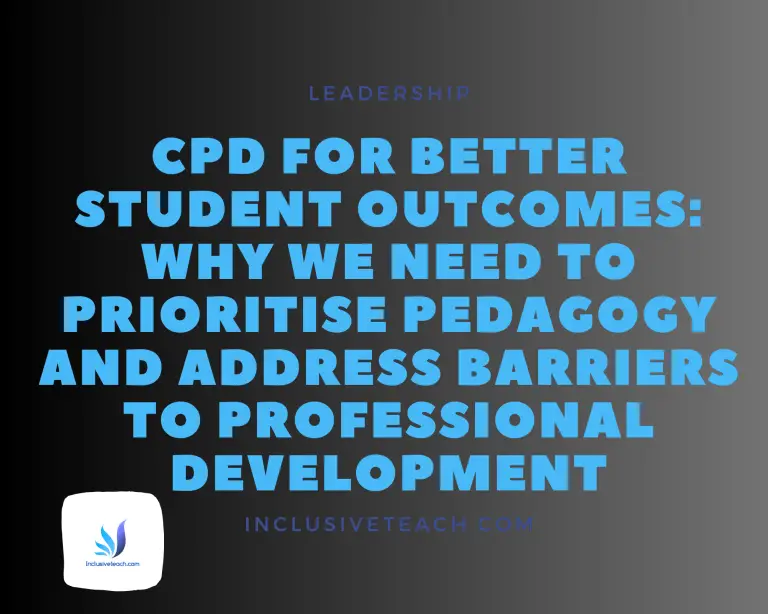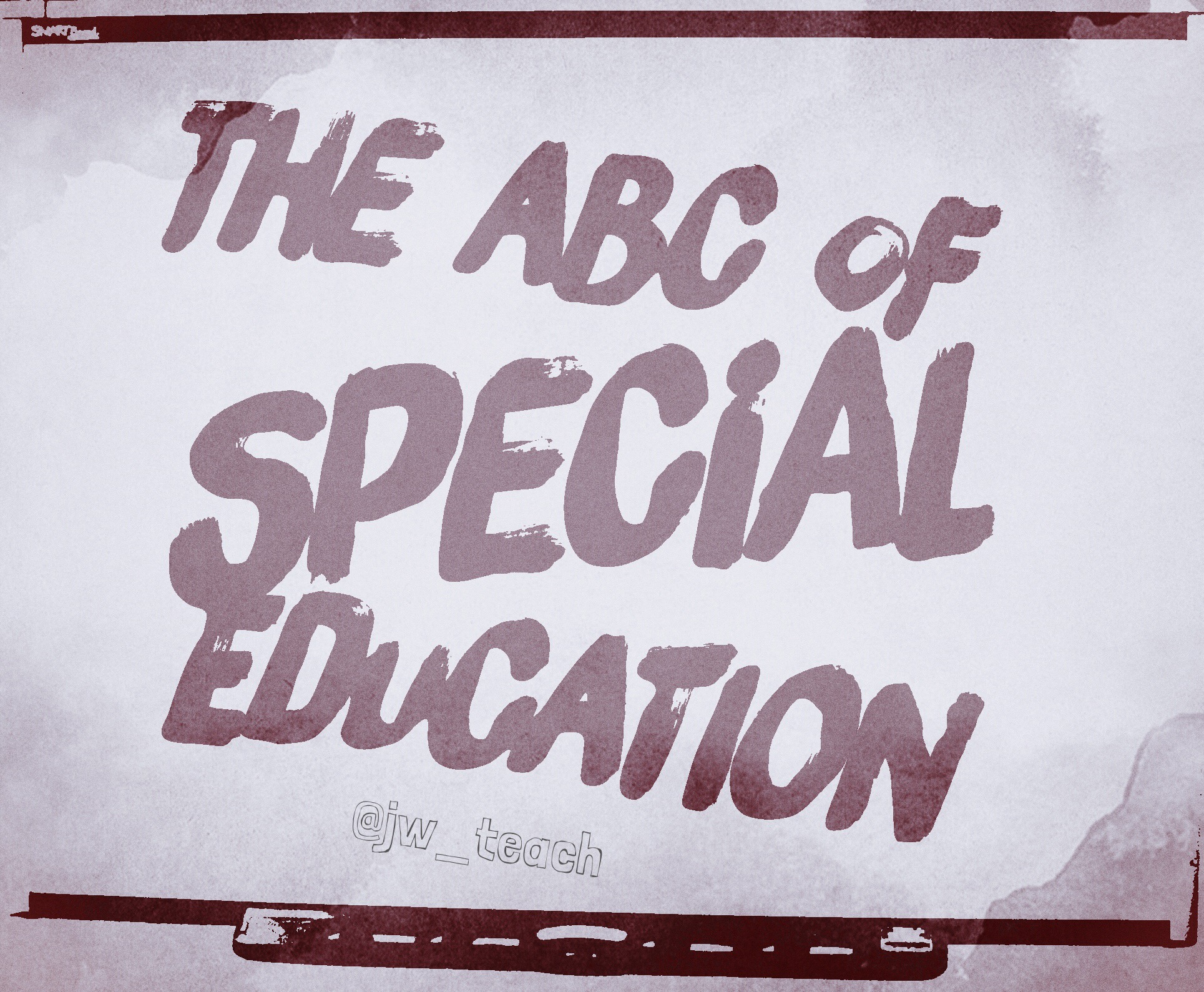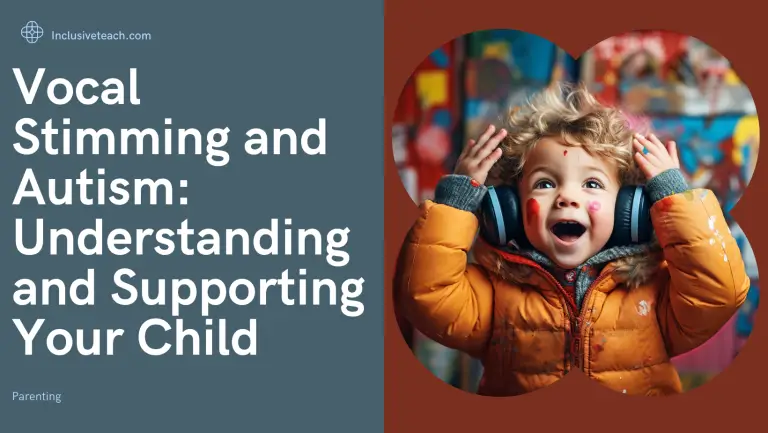Psychological Restraint: A Violation of Human Rights?
The Use of Psychological Restraint with People With Learning Difficulties
In recent years, we have seen growing awareness regarding the importance of mental health and its impact on overall well-being. As a result, there is an increasing emphasis on understanding the ethical implications of various psychological interventions. One such area of concern is the use of psychological restraint in healthcare, education and other contexts. In this article, we will explore what constitutes psychological restraint, how it contravenes the Human Rights Act, and what alternatives can be considered.

Defining Psychological Restraint
What is Psychological Restraint?
Psychological restraint refers to the use of various interventions, techniques, or practices that restrict an individual’s freedom or control over their thoughts, emotions, or behaviour. These interventions may be applied by healthcare professionals, educators, or caregivers, and can include potentially traumatic methods such as:
- Isolation: Separating an individual from others, either in a physical space or by limiting their social interactions, to control their behavior or emotions.
- Manipulation: Employing deceptive or coercive techniques to influence an individual’s thoughts, emotions, or behavior.
- Intimidation: Using threats, aggression, or displays of power to induce fear or compliance in an individual.
- Humiliation: Deliberately degrading or shaming an individual to undermine their self-esteem and assert control over their emotions or behavior.
- Gaslighting: A form of psychological manipulation where an individual is made to doubt their own perceptions, memories, or sanity, making them more susceptible to control.
These may be combined by other types of restraint such as physical, mechanical or medical restraint.
Contravening the Human Rights Act
The use of psychological restraints may contravene the Human Rights Act (1998) in several ways, as it infringes upon the fundamental rights and freedoms of individuals. Key areas of concern include:
- Article 3 – Prohibition of torture and inhuman or degrading treatment: Psychological restraints can cause significant mental suffering and may be considered as inhuman or degrading treatment, particularly when applied in a punitive or malicious manner.
- Article 5 – Right to liberty and security: Psychological restraints can deprive an individual of their autonomy and freedom of choice, thereby violating their right to liberty and security.
- Article 8 – Right to respect for private and family life: By manipulating or controlling an individual’s thoughts, emotions, or behaviour, psychological restraints may infringe upon their right to a private and family life, as well as their right to personal development.
- Article 9 – Freedom of thought, conscience, and religion: Psychological restraints that involve manipulation or coercion may impede an individual’s freedom of thought, conscience, and religion, as they may be forced to adopt beliefs or practices against their will.
Alternatives to Psychological Restraint
To avoid the ethical concerns associated with psychological restraint, it is essential to consider alternative approaches that prioritise respect, dignity, and individual autonomy. Some alternatives include:
- Positive Behavior Support: This approach aims to understand the underlying causes of challenging behavior and address them through proactive strategies, such as teaching new skills, modifying the environment, and reinforcing positive behaviour. Wait! Don’t immediately close this. The next section discusses the problems with PBS!
- Person-Centered Care: Focusing on the individual’s unique needs, preferences, and strengths, this approach promotes collaboration and partnership between the caregiver and the person receiving care, ensuring that interventions are tailored to the individual’s specific circumstances.
- Trauma-Informed Care: Recognizing that past traumas may contribute to challenging behaviour, this approach seeks to create a safe and supportive environment that minimises the risk of re-traumatisation and promotes healing and recovery.
- De-escalation Techniques: In situations where an individual may be in distress or at risk of harm, using evidence-based de-escalation techniques can help to defuse the situation and promote calmness.
Right Lets Talk About Restraint and PBS
PBS stands for positive behavior support. It is an approach focused on using positive reinforcement and rewards to shape behavior, rather than punishment. While well-intentioned, some PBS techniques could be considered psychologically restraining or manipulative, with negative impacts:
- Token economies: Patients earn rewards and privileges for desirable behaviours. This can undermine intrinsic motivation and make the patient dependent on external rewards to regulate behaviour. Their good behaviour is not self-sustaining.
- Behaviour contracts: Pupils sign agreements to perform certain behaviours to earn rewards. This is coercive, as the pupil is obliged to comply to avoid punishment or loss of rewards. It erodes autonomy in managing their own behaviours.
- Selective access to preferred activities: Restricting access to certain privileges or activities is used to punish undesired behaviour. This is psychologically and socially isolating. The pupil’s quality of life is limited in a way that fuels distress and resentment.
- Contingency management: Closely monitoring behaviour and giving rewards/punishments to control behaviour. This excessive scrutiny and manipulation can damage the pupil’s dignity and sense of competence. They are micro-managed versus empowered. This is worth considering if you have pupils on 1:1 or 2:1 adult support.
- Non-disclosure of Behaviour Plans: Not fully informing the pupil about the specifics of their behaviour management/support program. This lack of transparency and informed consent is unethical.
- Over-reliance on rewards: An excessive focus on external rewards for compliance can undermine the development of internal motivation and personally meaningful goals. The patient’s progress is defined by what earns rewards versus their own wellbeing.
- Labelling behaviours as “positive” or “negative”: Judging, labelling and categorising a pupil’s behaviours, thoughts or traits as either good or bad. This undermines a person-centered, holistic view of the child. They feel reduced to behavioural terms, “Naughty” and lose a sense of unconditioned self-worth.
PBS aims to be ethical and humane, but the psychologically manipulative nature of some techniques can negatively impact a patient’s autonomy, dignity, motivation and self-concept. A balance is needed with empowering and person-centred approaches. Oversight and safeguards should aim for transparency, informed consent and shared decision-making.
As professionals, we must recognise the potential harm and human rights violations associated with psychological restraints. By prioritising approaches that promote dignity, autonomy, and well-being, we can work together to create a more compassionate and ethical education system and society.






